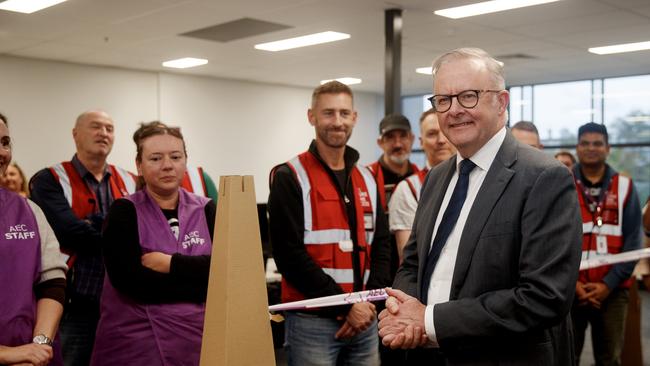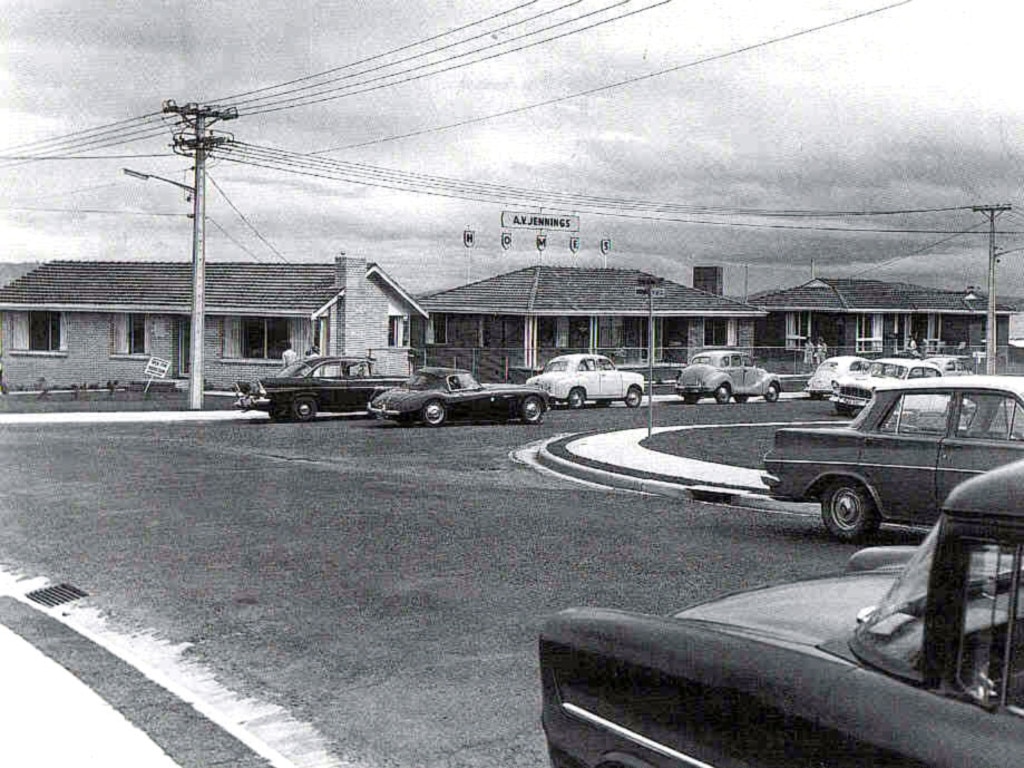We already vote, so why not try ‘interactive government’?
We have the technology to digitally engage all parts of the electorate. Checking in on voter sentiment could enable governments to make tough decisions in live time.

Who could have imagined a generation ago the extent to which technology would shape the way we work and form relationships? And don’t get me started on the societal transformation effected by the ever-evolving functionality of mobile phones.
There is a darker side to the march of technology, though, especially in warfare – just look at how drones are used now. Modern technology is, much like a divine being, invisible, everywhere, powerful, and very often called upon in times of need.
It makes me wonder, what’s next? Less than a decade ago it was all about the blockchain technology that underwrites cryptocurrencies, whereas today it’s all about the rise of Artificial Intelligence (AI) and on the horizon, quantum computing, which apparently will be a game-changer. If the future is to be shaped by waves of new technology, then perhaps I could scope out some ideas and possibilities?
At some point in the future, voting will surely shift from paper to a digital transaction – in much the same way as we now pay bills online. And if voting in the future is to be simple and universal, then why wouldn’t governments continually seek out voter sentiment on a range of issues such as tariffs, the housing crisis and immigration levels? We have the technology to digitally engage all parts of the electorate now, so what’s to stop Australia developing, for example, a truly interactive method of government? Every day the PM could get a read-out of what 18 million voters thought about his or her performance.

Checking in on voter sentiment would enable governments to, theoretically, make tough decisions in the nation’s best interests. This would be important in times of war, economic calamity and natural disaster, where community sacrifice is required. Then again, delivering immediate feedback that we’re heading in the wrong direction might be seen by Australians of the future as their sacred democratic right.
Also on the topic of future technology, I have long felt we don’t make enough of our nation’s television archives. Imagine being able to time-travel back to Sydney, Melbourne or Perth in the late 1950s, and at regular intervals thereafter, to document changes in our language, accent and national priorities. There are newspaper archives, including those managed by the National Library of Australia’s Trove, which I find enormously engaging. To skip across time in this way is to see the development of photography, the advent of colour and the charmingly formal language of the inter-war period, when people were given the honorifics Mr and Mrs (or the plural forms, Messrs and Mesdames).
I have a dream that one day we will use technology to gather and to make available for common usage the minutiae, daily broadcasts and publishings of all parts of Australia, so that curious minds can skip from year to year, from topic to topic, in order to better understand who we are and where we’re headed.
One day the grand sweep of the Australian people, of the Australian story, will be made accessible, navigable, digestible to the historian, demographer and curiosity-seeker, using perhaps the technology of tomorrow.







To join the conversation, please log in. Don't have an account? Register
Join the conversation, you are commenting as Logout